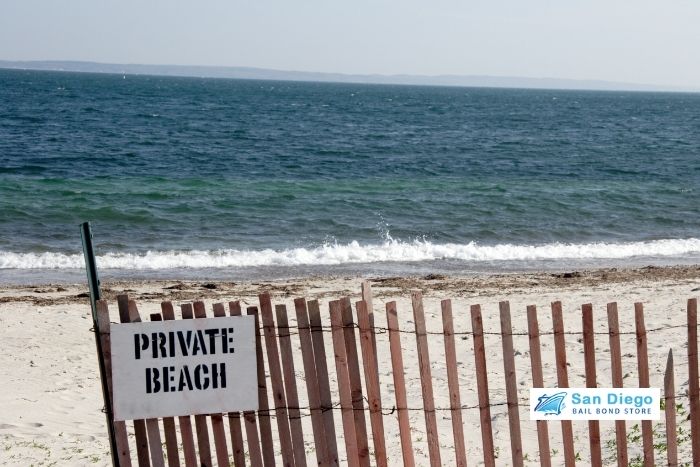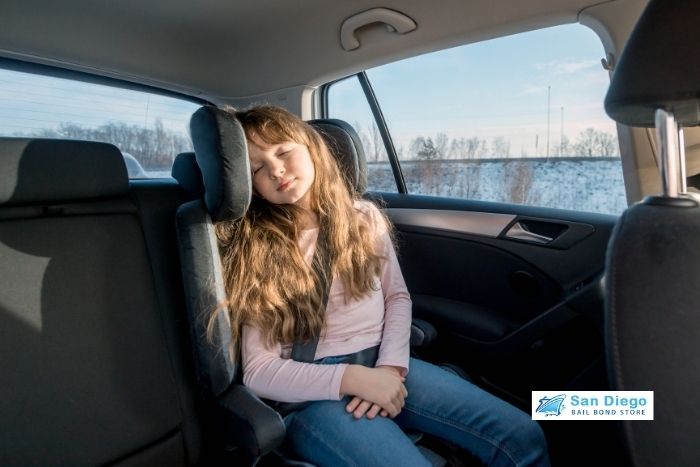One of the problems with
California’s legal system is that sometimes it’s difficult to know that you’re breaking the law. In many
disorderly conduct cases, people think they’re just having a good time or being opinionated until the police show up. Sometimes people don’t even know what they’ve done until they hear the charges as the booking officer works through the paperwork.What is considered disorderly conduct can vary from one state to another? Some cities even have different rules regarding what is and isn’t disorderly conduct.In California,
disorderly conduct is generally considered behavior that irritates, stresses, or alarms those around you. That doesn’t mean your little sister can
file disorderly conduct charges against you each time you annoy her while you’re at home. However, if the pair of you are at a bar and you start shouting at her, the other bar patrons will likely call the police and you could be arrested and charged with disorderly conduct.Most disorderly conduct cases in California involve at least one person who is
publicly intoxicated.In addition to getting too wild while at the bar, California considers the following activities to be forms of disorderly conduct:
- Lewd/lascivious acts
- Soliciting
- Engaging in Prostitution
- Loud public arguments
- Invasion of privacy
- “Peeping”






